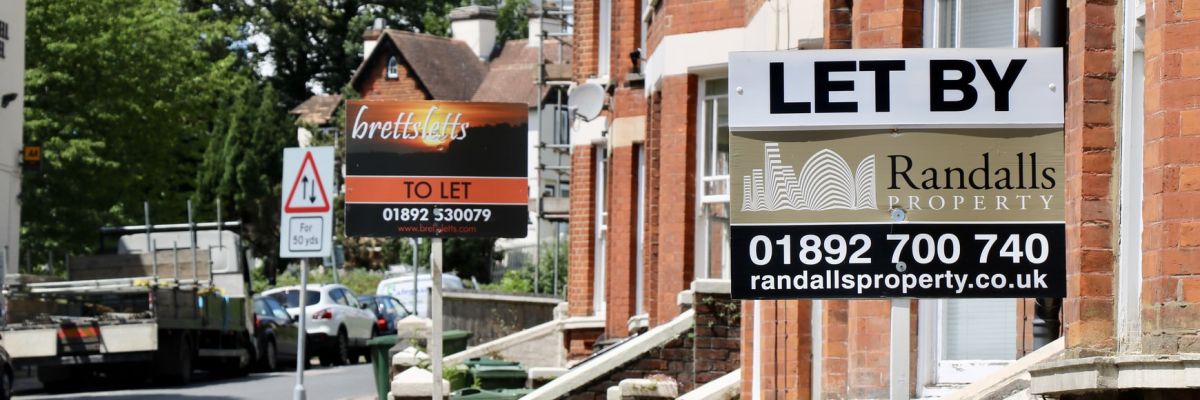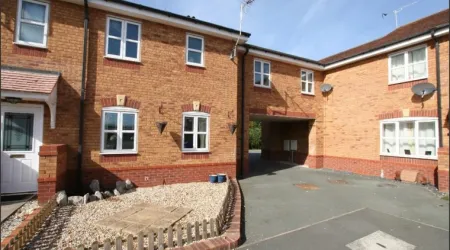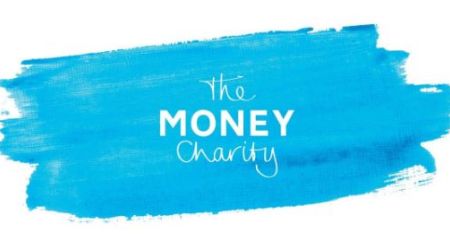Can't get a BTL without providing personal income

This question came in a few days ago, the visitor to the site has been looking to purchase a property for investment purposes but does not appear to be getting very without providing more information than he wants to.
I have found a property that I want to purchase and rent. I have approached a couple of lenders but all come back stating they want me to provide details of my employment, usual things like pay stubs and all my outgoings to consider further. I know the rent is way more than the mortgage payments. Surely they need to be focussed on does the rent cover the mortgage and nothing more?
I understand what you are saying, but I suspect what you are missing is their criteria for meeting affordability on a BTL basis. Not all lenders have the exact same criteria but they are similar and most should give some insight at the time of application. You mentioned one of them in your email and their website does have quite detailed requirements which I can see you don't meet. Let me expand on that.
Buy to Let affordability using rental income only
The majority of lenders have a fairly consistent base position when it comes to assessing affordability using rental only. That is they want to see the rental income covers the requested mortgage by at least 125%. But there are a few other considerations that need to be factored in, we will take a look at those below.
Let's set out a straightforward example first
- The mortgage you are looking for is £100,000 over 25 years on an interest-only basis at 3%.
- The cost of that mortgage will be £3,000 per annum.
- Suppose the expected rental income is going to be £6,000 per annum. a 6% rental yield is quite reasonable.
Mortgage Stress Rates
The lender will want to stress the mortgage, so let's change the rate to 5.5% which seems common. All lenders are required to test your ability to continue meeting affordability if interest rates increase.
Property Costs
We know that £6,000 is the annual rental going to be received but that is gross. The lender wants to ensure affordability is met using the net rental income not the gross.
Most lenders consider costs. That is agents fees, repairs, maintenance and so on. If rental is going to be the only source of income to meet affordability then it needs to meet all costs.
It is difficult to say for certain what the costs will be each year. There may be very little for a couple of years then all of a sudden you need to fund an expensive roof repair or a new gas boiler. From experience, lenders will take between 10-20% off the gross annual rent to cover costs on an ongoing basis.
For this example, I will use 15%.
Tax
After deducting costs that are likely going to be free of tax you will then pay tax on the remaining amount at your current rate. Keeping this simple I will assume 20%.
Reworking the earlier example
Ok, so now we will look again at the example set out above and see how that impacts the request.
- Stress the mortgage at 5.5%, so the annual cost is now £5,500.
- After costs at 15% the gross annual rent is reduced from £6,000 to £5,100.
- Then apply 20% tax to the remaining rental of £5,100 which reduces it to £4,080.
- 20% tax relief may be available pushing the figure back up slightly to £4,240.
The lender wants you to demonstrate that the net rental income will cover the stressed mortgage cost by at least 125%.
125% of the stressed mortgage cost is £6,875 per annum.
The net rental income you have available is £4,240 per annum.
Therefore, the requested mortgage does not meet affordability. Whilst I appreciate this is just an example and may not entirely reflect your position the example still holds true whatever lending or rental income you use. The actual criteria will be different lender to lender.
This is likely the reason lenders are saying no using rental alone. It is never as easy as does the rental you will receive meet or exceed the actual cost of the mortgage.
Requesting your personal income and outgoing details
The key point here is that the lenders have recognised your request does not work on rental income alone are not declining your mortgage. What they are doing is simply looking for a top-up to show you could afford the mortgage if there is surplus income available through your own earnings.
Given the mortgage is in your own personal name it is ok for lenders to look to your personal income to support the shortfall in rental income seen using their method of stressing the mortgage and making appropriate deductions from the rental income.
However, it is not enough just to look at your income, they also need to look at your outgoings to verify you could if the need arises, use personal income to support affordability based on the way they stress the mortgage.
Of course, you do not have to provide it, but that does mean you will struggle to get the mortgage you want.
Hope that helps.
Lee Wisener, CeMAP, CeRER, CeFAP
Having worked in the mortgage industry for over 20 years I have always wanted to build a website dedicated to the subject. Also being a geek when it comes to the internet all I needed was time and I could both build the site from scratch and fill it with content. This is it!

<< Newer Post
Flying Freehold ExplainedOlder Post >>
Money Statistics December 2021